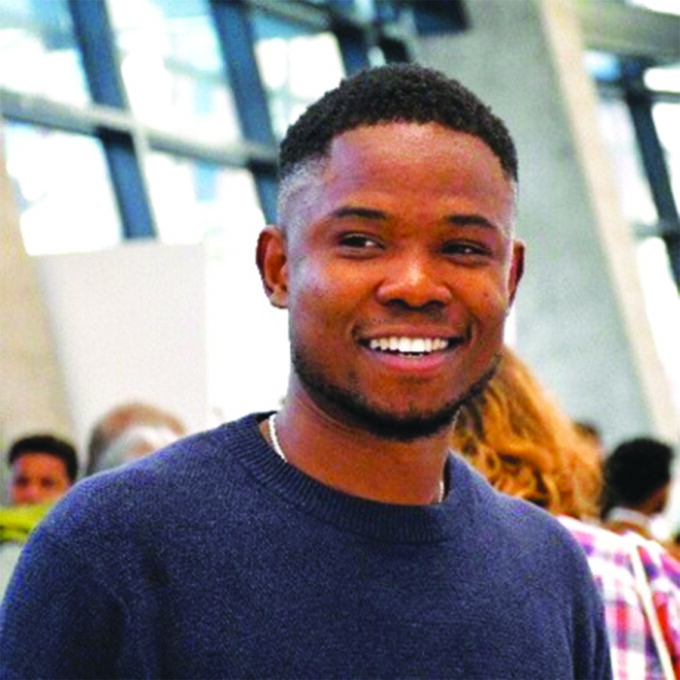Nigerian-born analytical scientist, Clement Aruada, is earning international recognition for his pioneering work in biotechnology and environmental safety, particularly in the global fight against PFAS—synthetic “forever chemicals” now considered one of the world’s most urgent environmental threats.
Aruada, who began his academic journey with a degree in Industrial Chemistry from the Federal University of Petroleum Resources, Effurun, Delta State, first worked as an analytical chemist in Port Harcourt before advancing to postgraduate research in the United States. At Tennessee Technological University, he developed sensitive methods for detecting PFAS in water, a breakthrough documented in his widely referenced thesis: Derivatization Methods for Perfluoroalkyl Substances (PFAS) by Gas Chromatography/Tandem Mass Spectrometry.
His work earned awards including First Place in Chemistry (Oral Presentation) from the Tennessee Academy of Science, a Student Research Grant Award from Tennessee Tech’s Department of Chemistry, and recognition at high-profile gatherings such as the American Chemical Society (ACS) and Pittcon conferences.
Currently, Aruada is working on biological solutions to PFAS contamination. By integrating analytical chemistry with enzyme engineering, he is helping to develop assays that could eventually break the notoriously strong carbon-fluorine bonds in PFAS compounds. If successful, this approach could provide a sustainable alternative to existing, high-cost cleanup methods such as incineration and advanced filtration.
“PFAS are everywhere, in water, soil, and even in our bloodstreams,” Aruada said. “Finding practical ways to reliably detect and remove them is essential for protecting communities and public health.”
Beyond environmental chemistry, Aruada has made contributions in pharmaceutical development, vaccine research, and industrial biotechnology, applying advanced mass spectrometry and chromatography to therapeutic peptide design, metabolomics-driven product discovery, and process improvements across industries.
His career spans work with Nigerian oil and gas companies, food science projects at Ocean Spray Cranberries in Massachusetts, and academic mentorship of more than 100 undergraduates as a teaching assistant in Tennessee. Today, he is part of Ginkgo Bioworks in Boston, a global leader in biotechnology, where he supports research in pharmaceuticals, biotechnology development, and PFAS remediation.
Colleagues describe him as a scientist driven by practical impact. “Whether in health or the environment, my goal is the same,” Aruada said. “Use chemistry to create solutions that protect people and improve daily life.”
For Nigeria, his trajectory represents a broader story: how homegrown expertise can rise to shape global science. As the world confronts environmental and health challenges, Aruada’s work underscores the growing role of Nigerian scientists on the international stage.


















Leave a comment